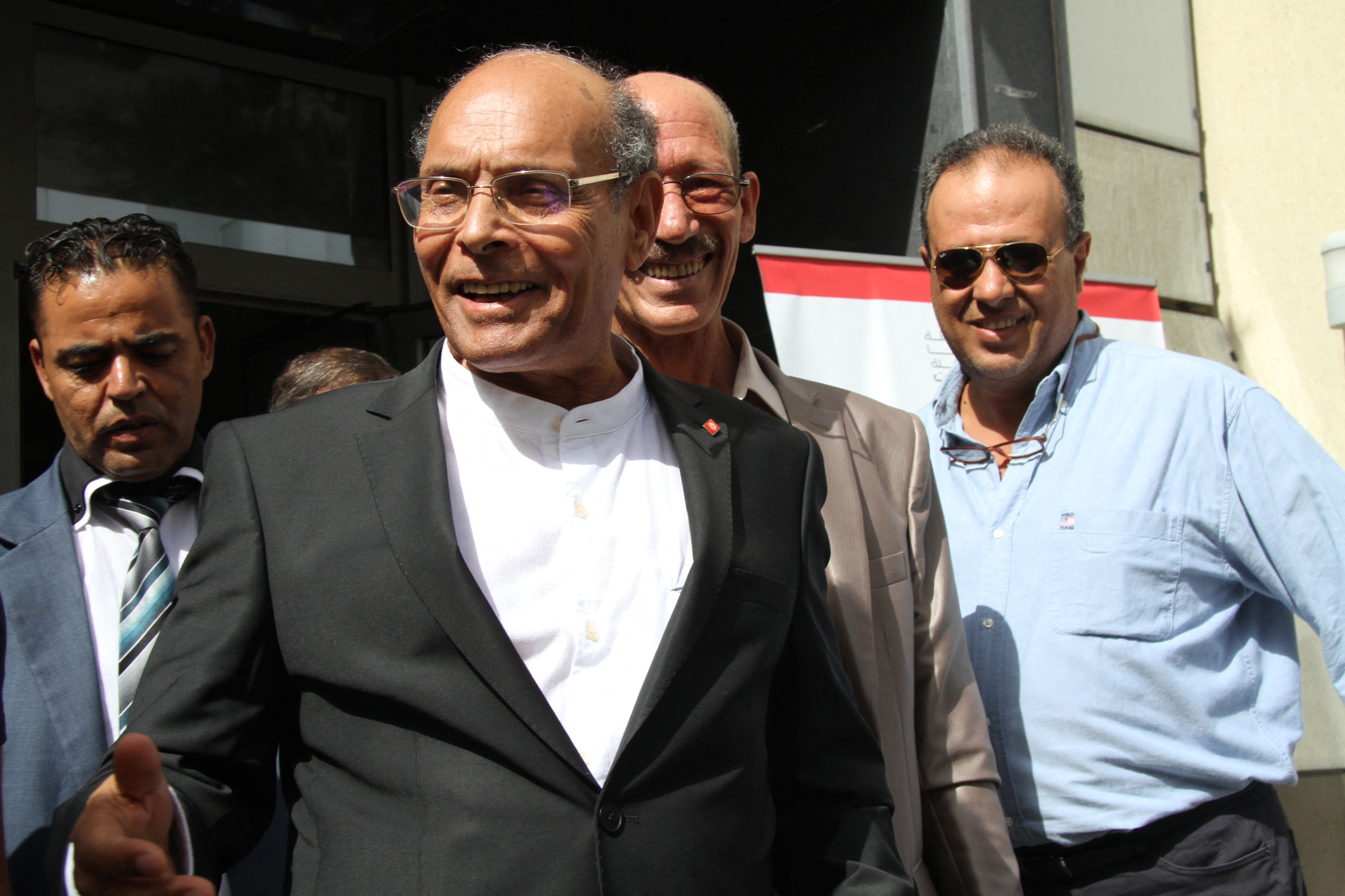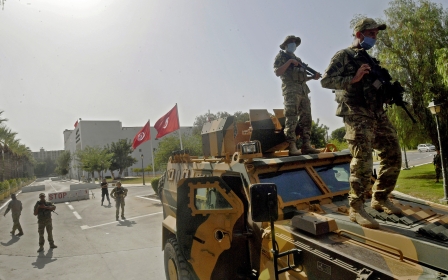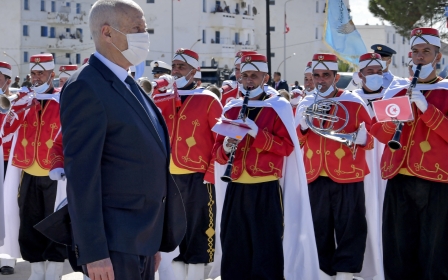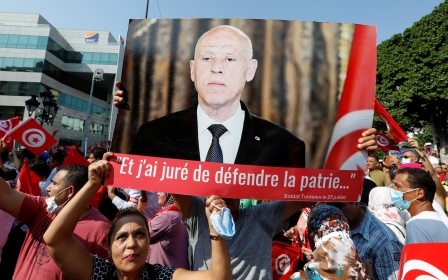Tunisia issues international arrest notice against former president

Tunisia issued an international arrest notice against former president Moncef Marzouki, state news agency TAP reported on Thursday. Interpol has, however, not publicly issued any such "red notice", the closest legal instrument to an international warrant.
Marzouki, who was president of Tunisia from 2011-2014, has emerged as a vocal critic of President Kais Saied.
In a speech in Paris last month, he urged France, Tunisia's former colonial power, not to help "the dictatorial regime in Tunisia" and labeled Saied a dictator.
Tunisia descended into a political crisis in late July when Saied, a former constitutional law professor, suspended the country's parliament, sacked the prime minister and granted himself prosecutorial powers, in effect taking full control of the state and sidelining all opposition.
Saied has defended the measures, claiming they were necessary to fight skyrocketing unemployment, rampant corruption, and the coronavirus pandemic. But his political opponents and rights groups have described it as a power grab.
New MEE newsletter: Jerusalem Dispatch
Sign up to get the latest insights and analysis on Israel-Palestine, alongside Turkey Unpacked and other MEE newsletters
Marzouki's diplomatic passport had already been withdrawn by Saied, following the former president's speech in Paris.
He also called on the newly appointed justice minister to open an investigation into Marzouki to find out whether he had conspired against state security.
According to TAP news, the arrest notice was issued by the investigating judge leading Marzouki’s case.
The former president told Al Jazeera Arabic he was not surprised by the move, calling it "a threatening message to all Tunisians".
While Saied initially said the measures he took would be temporary in order to make the state more responsive to the widespread frustrations of Tunisians, he has shown little sign of backing down, and has instead shown a willingness to attack critics.
Last month, his office released a statement claiming Saied had expressed his "dissatisfaction" to the US ambassador in Tunisia over a US congressional hearing on the state of the country's democracy.
US lawmakers have expressed frustrations over the political crisis, with members of Congress criticising Saied and questioning whether US assistance to the country should be withheld.
"The widespread hope for a democratic future that took root in 2011" during the Arab Spring "has reverted to either continued authoritarianism or civil war," Congressman Ted Deutch told a House Foreign Affairs Subcommittee last month.
Middle East Eye delivers independent and unrivalled coverage and analysis of the Middle East, North Africa and beyond. To learn more about republishing this content and the associated fees, please fill out this form. More about MEE can be found here.





